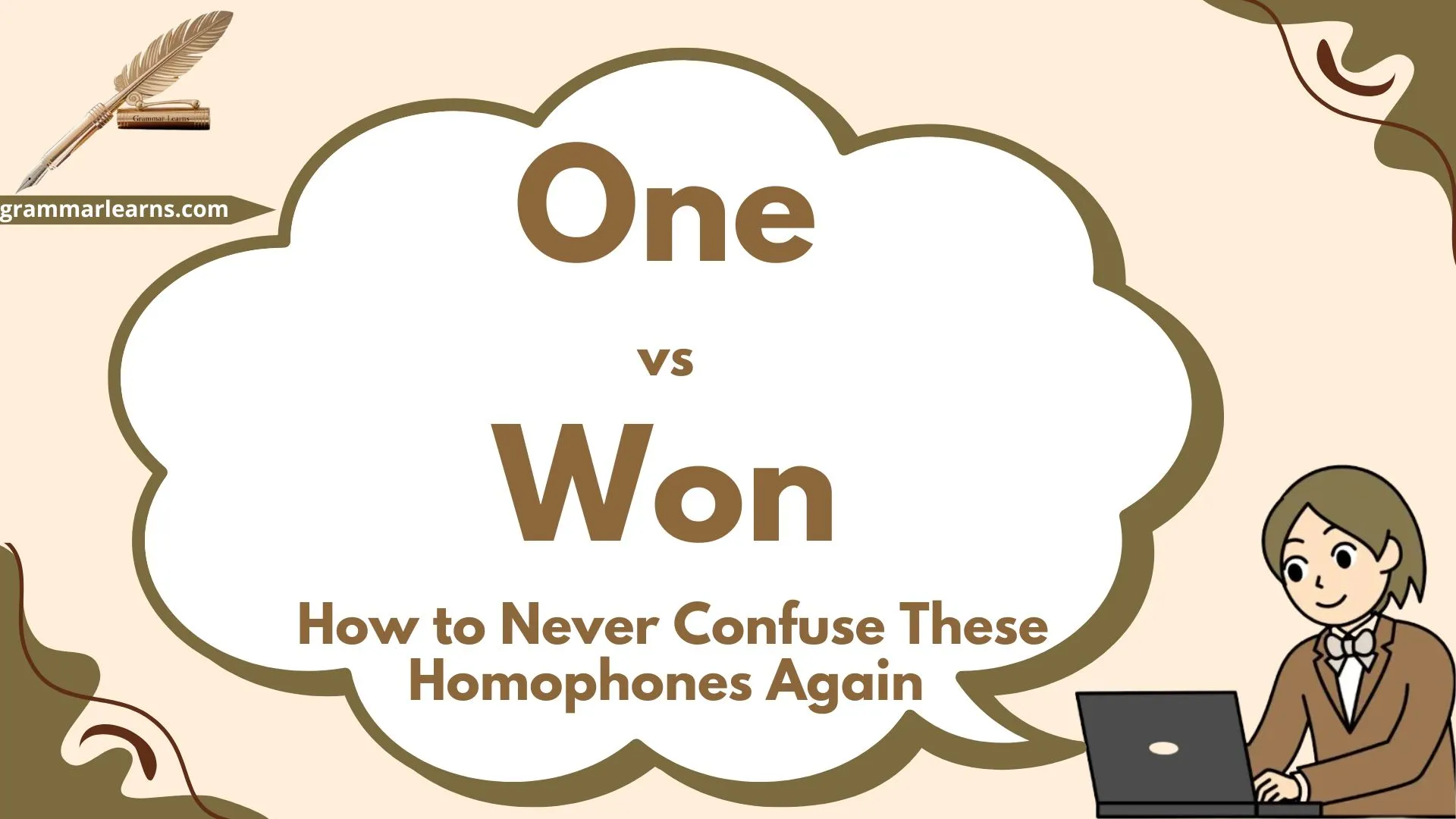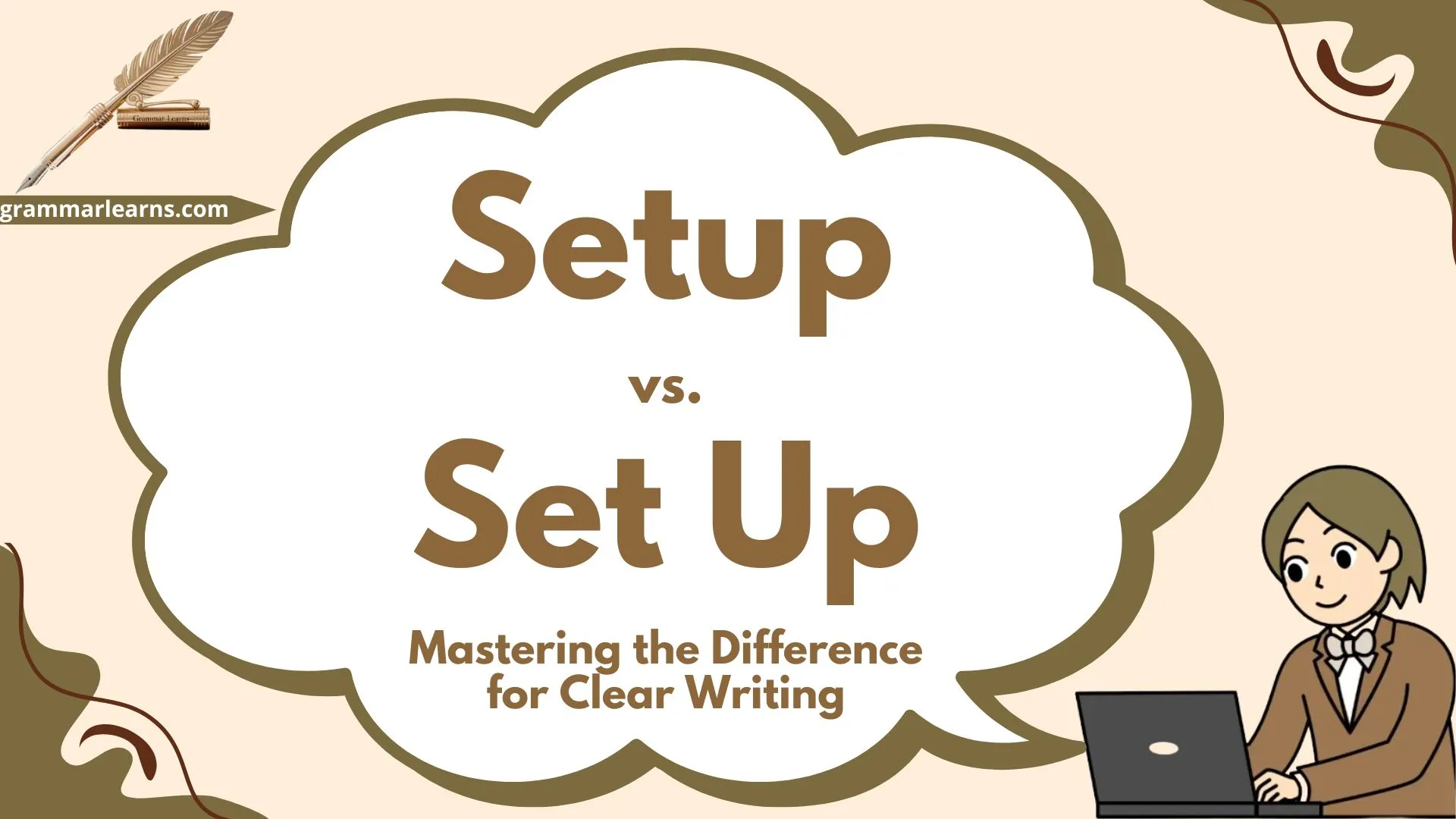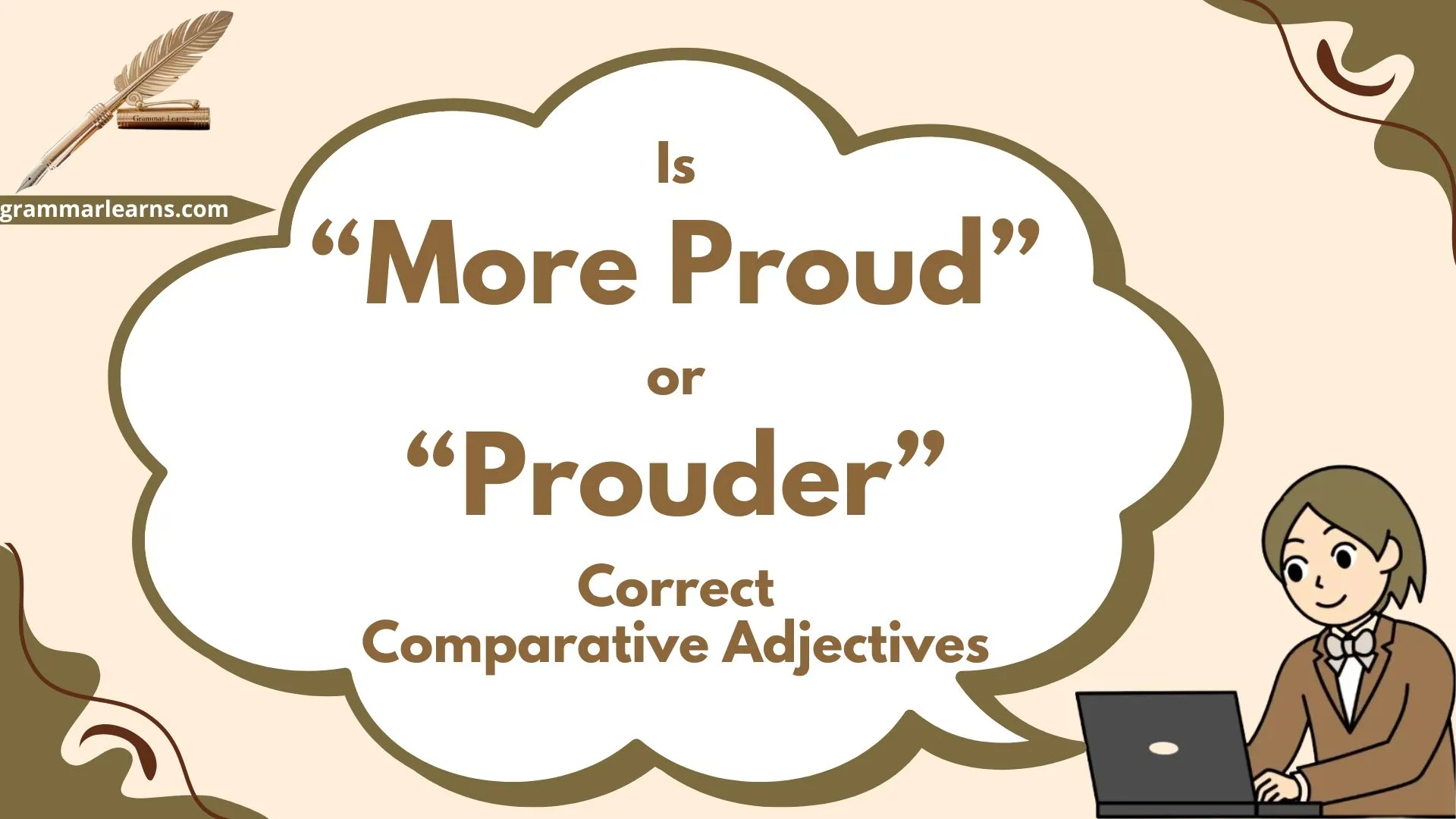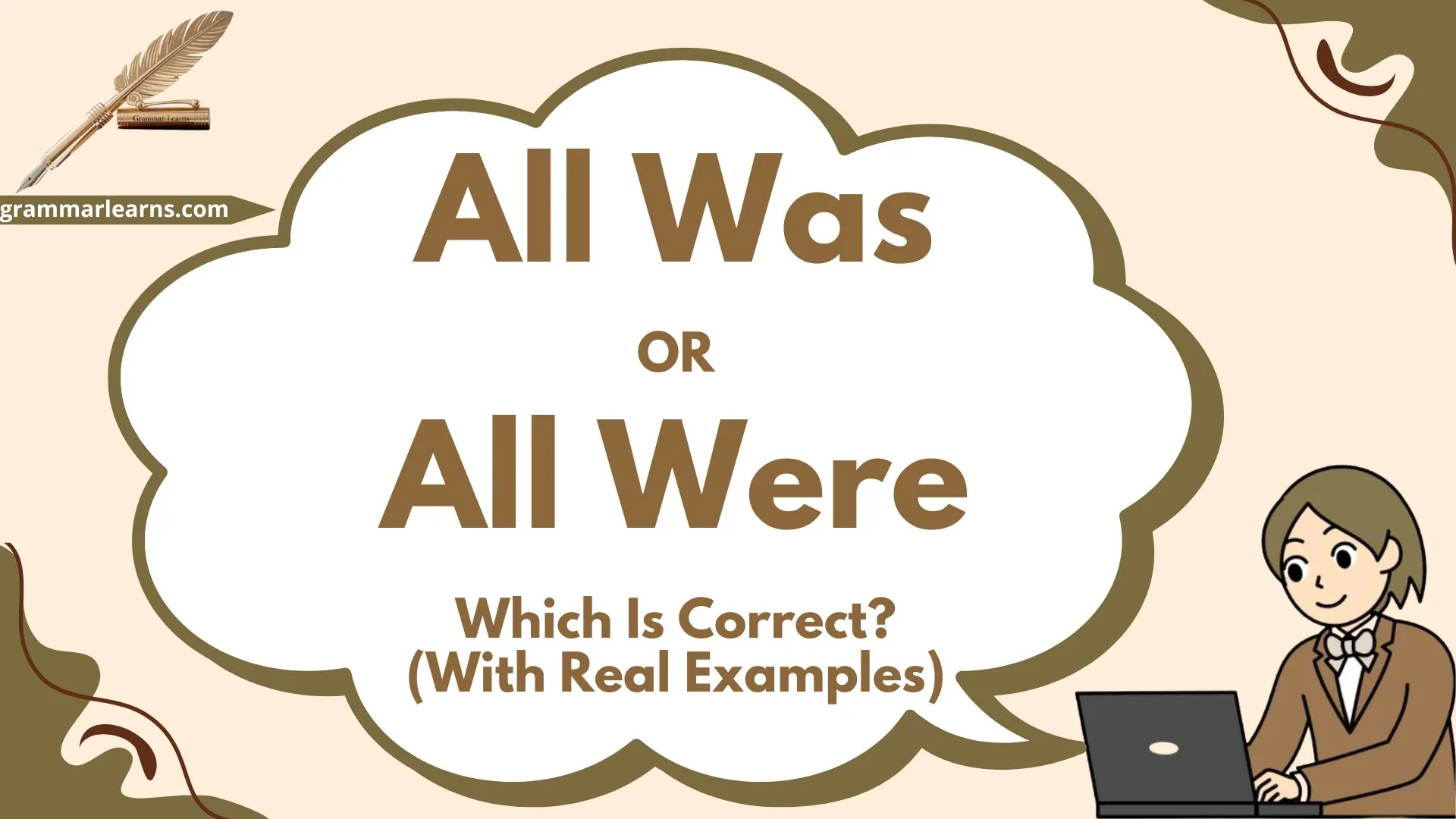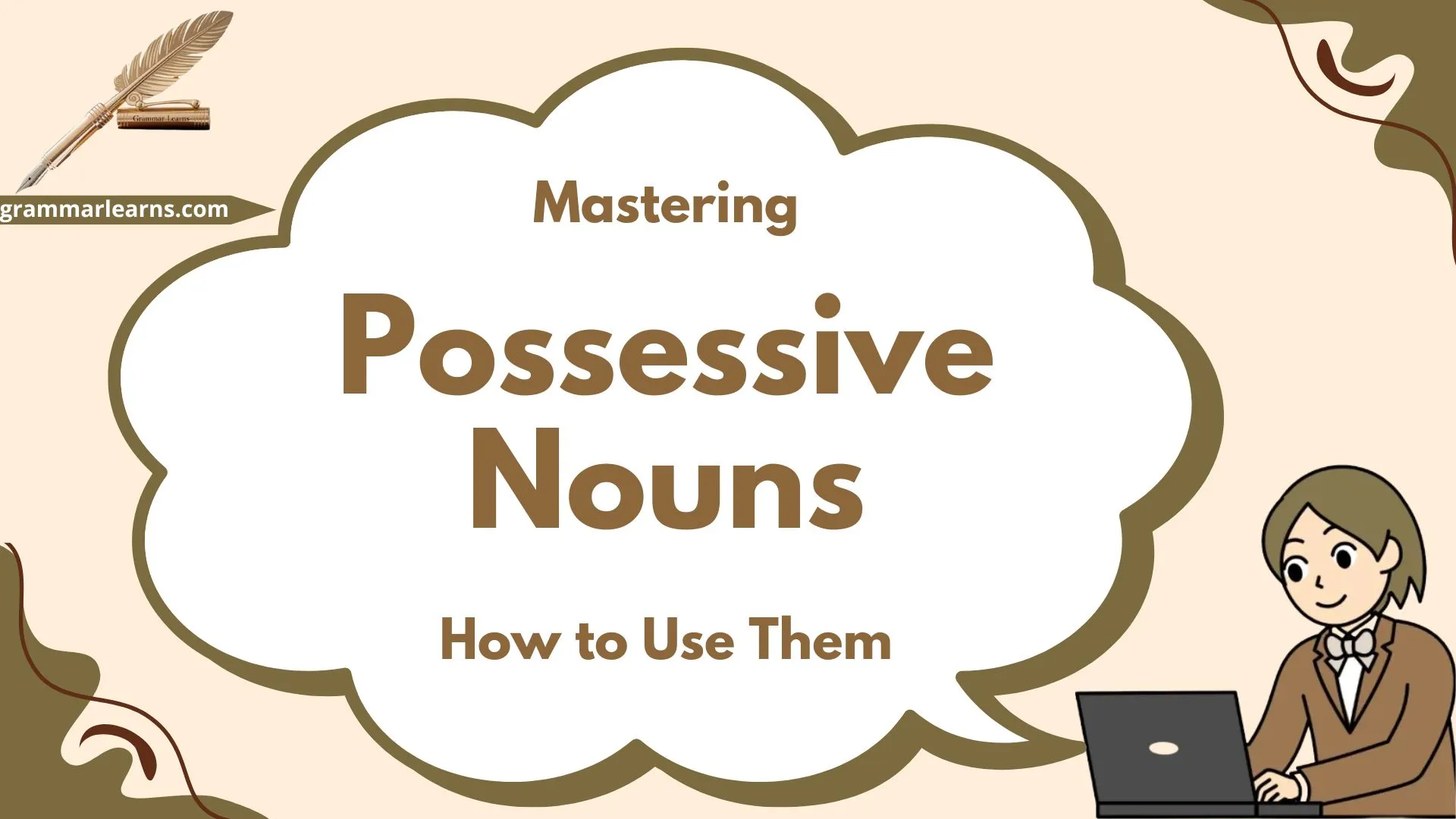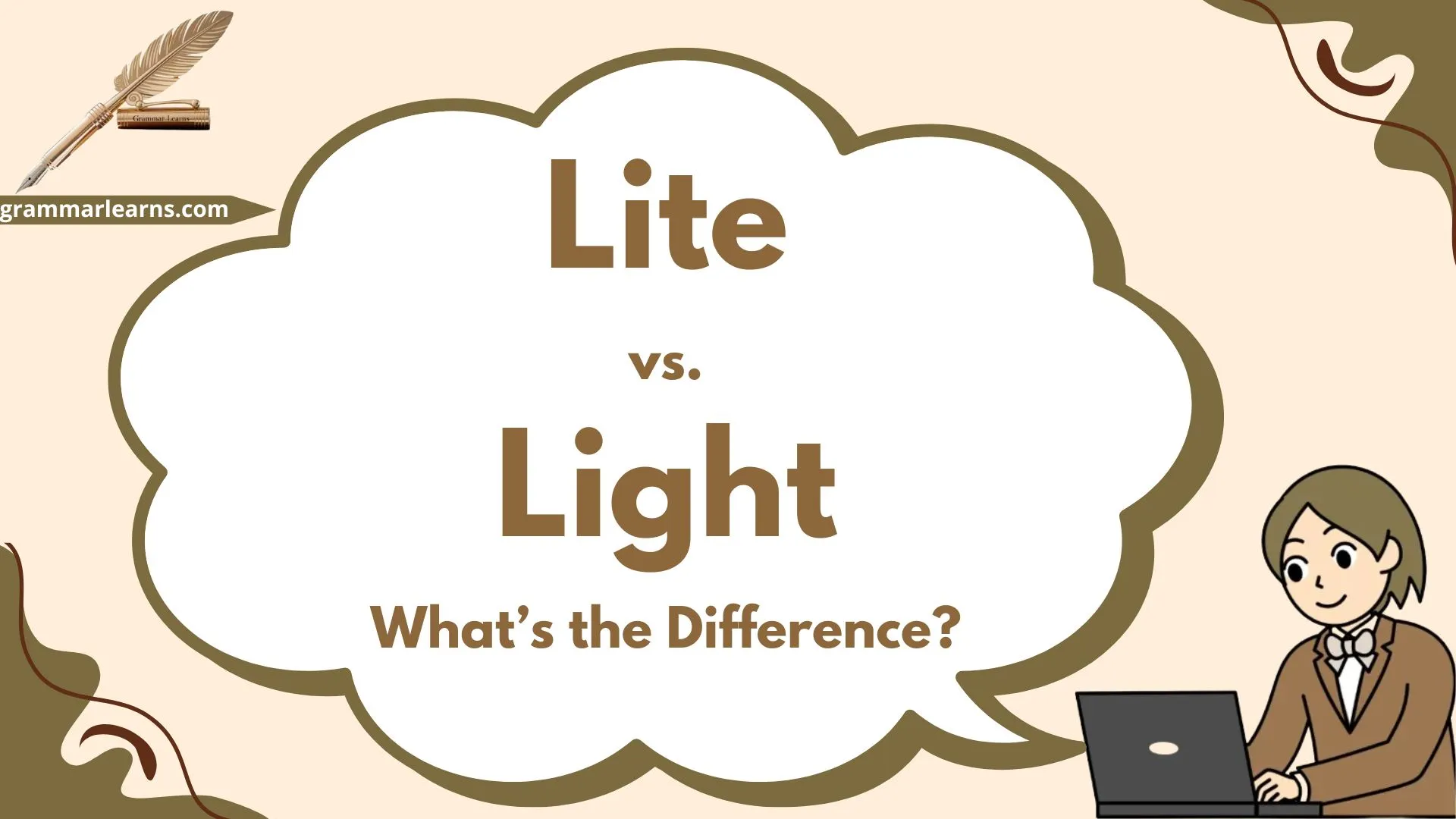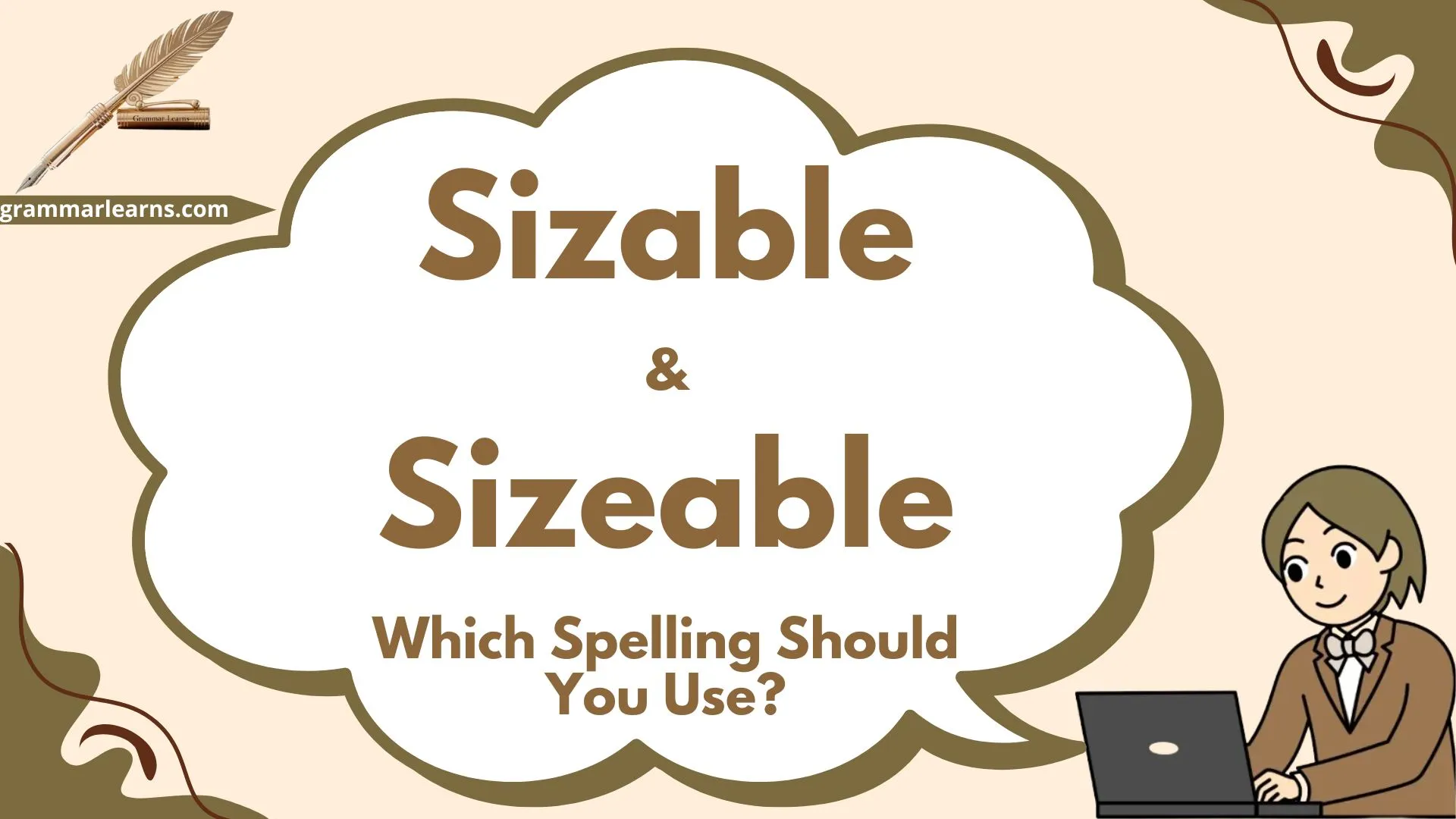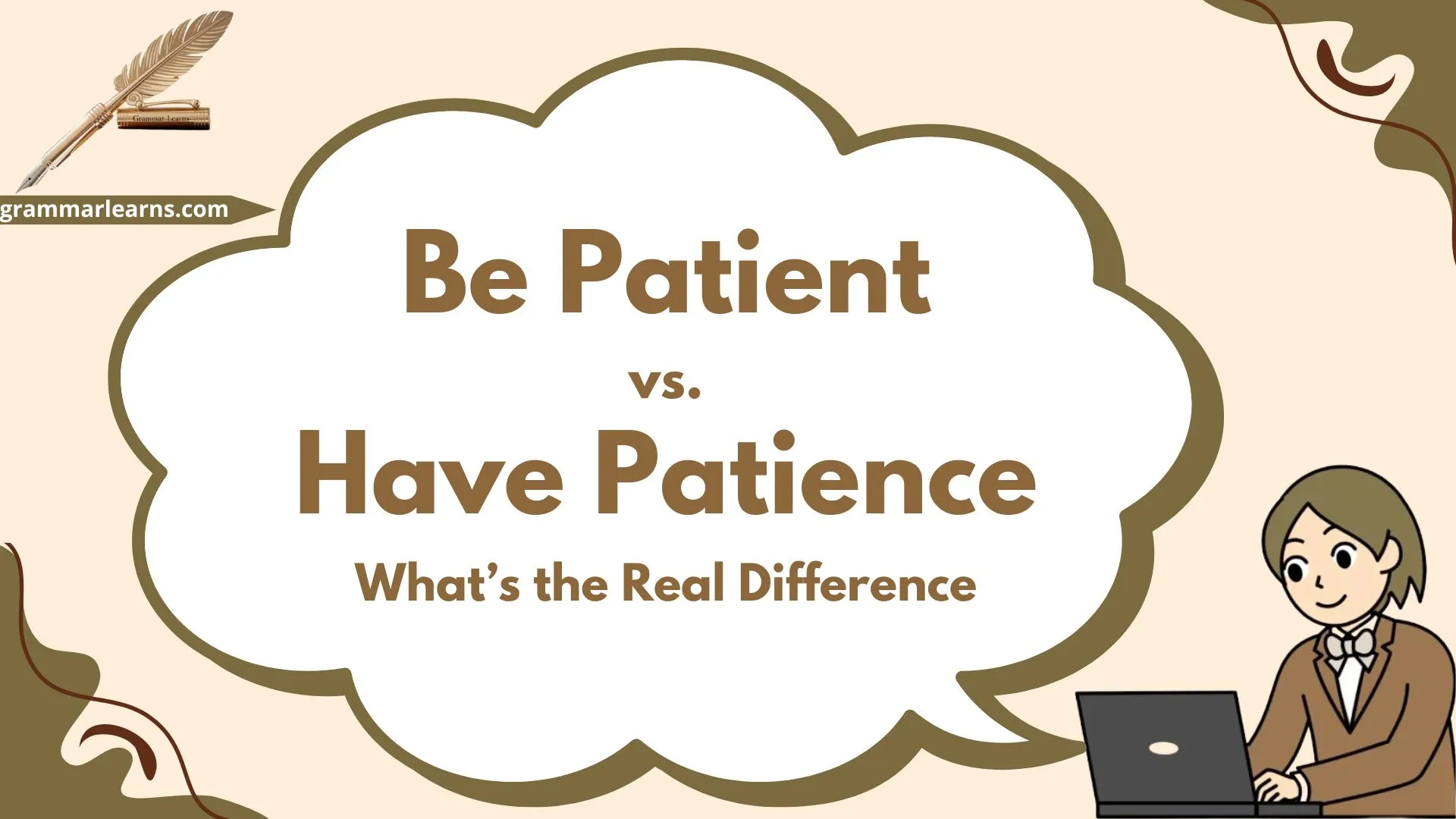One vs Won: How to Never Confuse These Homophones Again
When learning English, even a glance at words like ‘One’ vs ‘Won’ can feel tricky because they sound the same, yet their meanings are very different. One usually refers to a single item, number, or unit, while won is the past tense of win, meaning a victory or achievement. This similarity in sound often confuses … Read more
